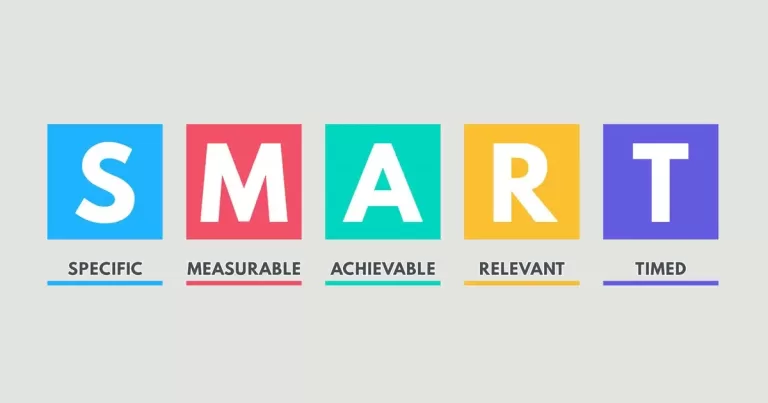Natural Language Processing and/or Neuro Linguistic Programming (NLP) is a term that refers to a set of techniques and principles that aim to improve communication, self-awareness, confidence and motivation.
NLP was developed by Richard Bandler and John Grinder in the 1970s, based on their study of successful people and their patterns of thinking and behavior. NLP claims that there is a connection between the neurological processes (neuro), the language (linguistic) and the learned habits (programming) of a person, and that these can be changed to achieve specific goals in life .
NLP is not a form of psychotherapy, but rather a set of tools that can be used to enhance personal development or work-related outcomes. NLP has been applied to various fields such as education, business, sports, health and relationships. Some of the benefits that NLP practitioners claim to offer are:
- Overcoming fears, phobias, anxiety and depression
- Boosting self-esteem and confidence
- Improving communication and interpersonal skills
- Resolving conflicts and managing emotions
- Changing negative beliefs and habits
- Enhancing creativity and problem-solving
- Achieving peak performance and success
However, there is no scientific evidence to support the effectiveness of NLP or its underlying assumptions. NLP has been criticised as a pseudoscience that lacks empirical validation, theoretical coherence and ethical standards. Many studies that have tested NLP have found no significant effects or have been flawed by methodological problems . Moreover, NLP is not regulated by any professional body or accreditation system, which means that anyone can claim to be an NLP practitioner or trainer without any formal training or qualification.
Therefore, it is important to be cautious and critical when encountering NLP claims or techniques. NLP may have some value as a source of inspiration or motivation for some people, but it should not be considered as a reliable or valid method of achieving personal or professional goals.
NLP should also not be used as a substitute for conventional therapy or medical treatment for mental health issues. If you are interested in learning more about NLP, you should consult reputable sources of information and seek advice from qualified professionals.
Is NLP still used in business?
Despite its lack of empirical support and scientific validity, NLP still has a loyal following among some practitioners and coaches who use it in various fields such as business, education, sports and health. They claim that NLP can help people achieve their goals, improve their performance, enhance their relationships and overcome their fears and limitations.
But is NLP really effective and useful in business? Or is it just a fad that has no real value or impact? Let’s explore some of the pros and cons of using NLP in business settings and try to answer this question.
Pros of using NLP in business:
- NLP can help improve communication skills by teaching people how to use language more effectively and persuasively. NLP techniques such as rapport building, reframing, anchoring and meta-modeling can help people establish trust, influence others, resolve conflicts and negotiate better outcomes.
- NLP can help enhance leadership skills by teaching people how to motivate themselves and others, set clear and realistic goals, manage their emotions and deal with stress. NLP techniques such as modeling, swish pattern, logical levels and timeline therapy can help people develop positive attitudes, beliefs and behaviors that support their success.
- NLP can help boost creativity and innovation by teaching people how to think outside the box, generate new ideas, solve problems and overcome mental blocks. NLP techniques such as lateral thinking, metaphor elicitation, Disney strategy and six thinking hats can help people stimulate their imagination, access their intuition and tap into their subconscious resources.
Cons of using NLP in business:
- NLP can be misused or abused by unqualified or unethical practitioners who may exploit people’s vulnerabilities, manipulate their emotions or deceive them with false promises. NLP techniques such as covert hypnosis, embedded commands, sleight of mouth and double binds can be used to influence people without their consent or awareness.
- NLP can be ineffective or harmful if applied incorrectly or indiscriminately without considering the context, the purpose or the consequences. NLP techniques such as reframing, anchoring or timeline therapy can have unintended or negative effects if they are not aligned with the person’s values, goals or needs.
- NLP can be outdated or irrelevant in today’s complex and dynamic business environment that requires more than just linguistic skills or psychological tricks. NLP techniques such as modeling, swish pattern or logical levels may not capture the full complexity of human behavior or cognition that is influenced by multiple factors such as culture, environment, social norms or technology.
Conclusion
NLP is still used in business by some practitioners and coaches who believe that it can help them achieve better results for themselves and their clients.
However, NLP is not a magic bullet that can guarantee success or solve all problems. It is a tool that can be useful or useless depending on how it is used, by whom and for what purpose.
Therefore, before using NLP in business settings, one should be aware of its strengths and limitations, its benefits and risks and its evidence and validity.








What is Natural Language Processing (NLP)?